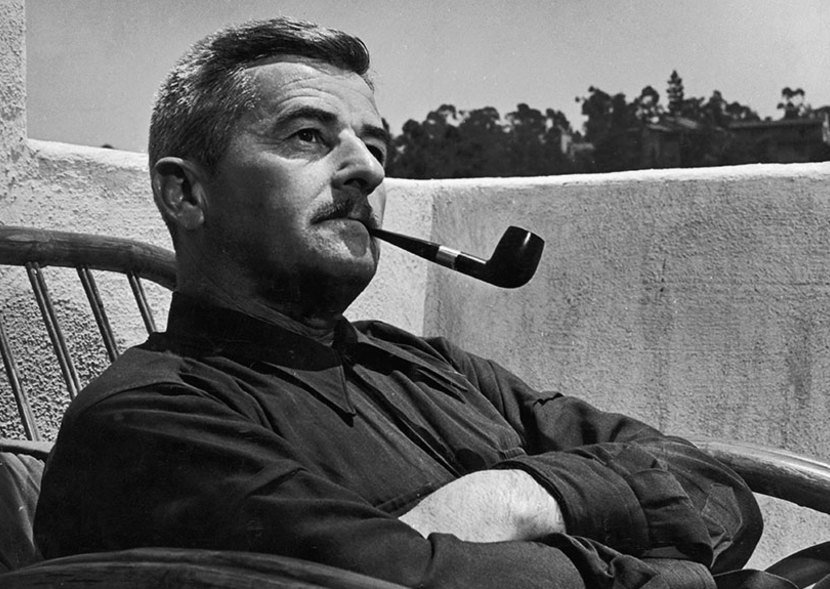Arts & Entertainment
Oxford's Ann Abadie Co-Edits New Book on William Faulkner
 A new book co-edited by retired University of Mississippi professor and Oxford resident Ann Abadie offers a range of scholarly perspectives on Oxford’s most famous citizen, novelist William Faulkner.
A new book co-edited by retired University of Mississippi professor and Oxford resident Ann Abadie offers a range of scholarly perspectives on Oxford’s most famous citizen, novelist William Faulkner.
“Faulkner in the Twenty-First Century,” now available in paper from the University Press of Mississippi, presents the thoughts of 10 noted Faulkner scholars who spoke at the 27th annual Faulkner and Yoknapatawpha Conference at Ole Miss. Abadie, the longtime associate director of UM’s Center for the Study of Southern Culture, co-edited the book with Robert W. Hamblin, professor emeritus of English and the founding director of the Center for Faulkner Studies at Southeast Missouri State University.
The book features contributions by Hamblin, Deborah N. Cohn, Leigh Anne Duck, Michael Kreyling, Barbara Ladd, Walter Benn Michaels, Patrick O’Donnell, Theresa M. Towner, Annette Trefzer and Karl F. Zender.
In her essay, Towner attacks the traditional classification of Faulkner’s works as “major” and “minor” and argues that this causes the neglect of other significant works and characters. Kreyling uses photographs of Faulkner to analyze the interrelationships of Faulkner’s texts with the politics and culture of Mississippi.
Ladd and Cohn invoke the relevance of Faulkner’s works to “the other South,” postcolonial Latin America. Also, approaching Faulkner from a postcolonial perspective, Trefzer looks at his contradictory treatment of Native Americans.
Within the tragic fates of such characters as Quentin Compson, Gail Hightower and Rosa Coldfield, Duck finds an inability to cope with painful memories. O’Donnell, meanwhile, examines the use of the future tense and Faulkner’s growing skepticism of history as a linear progression.
To postmodern critics who denigrate “The Fire and the Hearth,” Zender offers a rebuttal. Michaels contends that in Faulkner’s South, and indeed the United States as a whole, the question of racial identification tends to overpower all other issues. And Faulkner’s recurring interest in frontier life and values inspires Hamblin’s piece.
Special to HottyToddy.com.





























